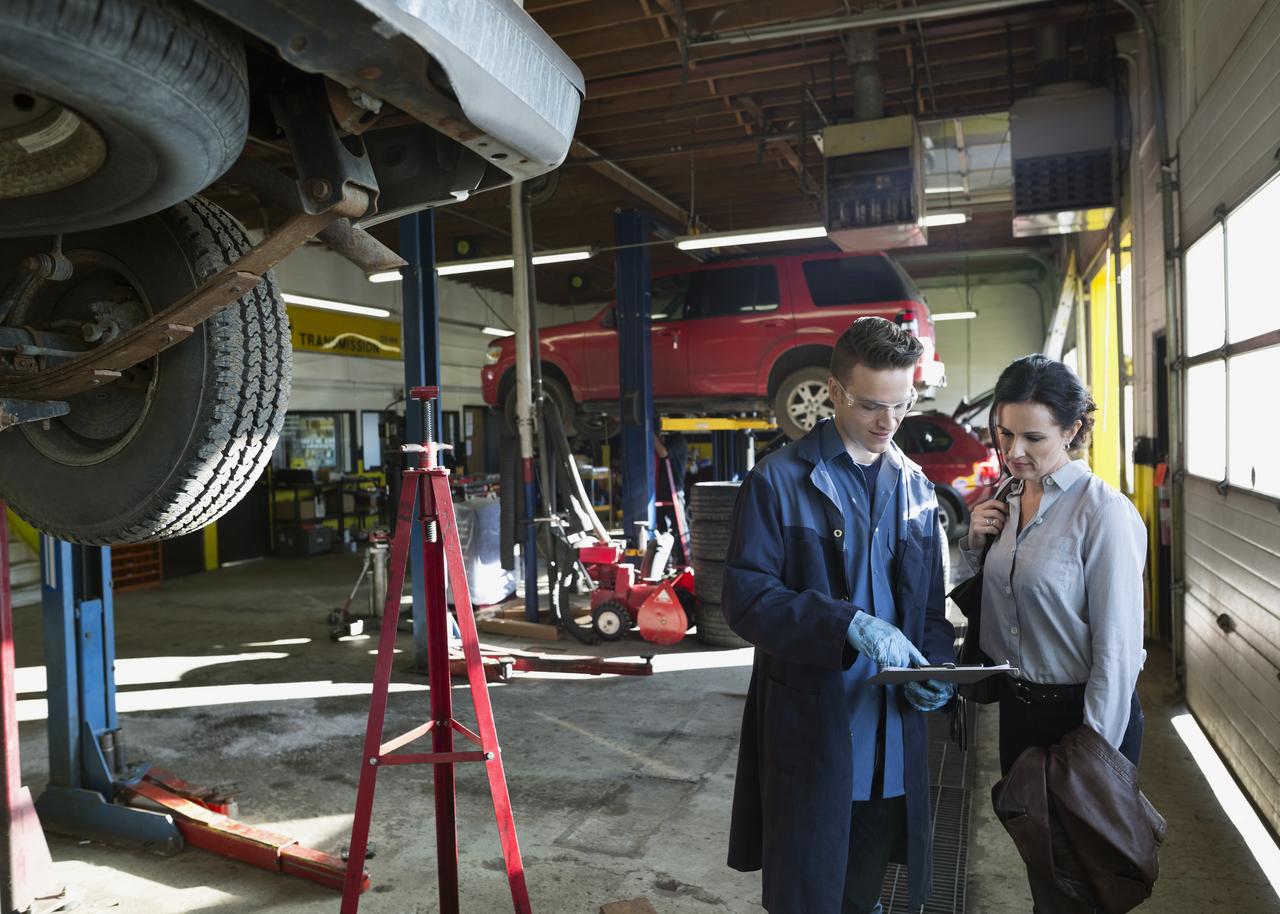Apprenticeship in the Transportation Industry
Companies in the transportation industry face complex workforce challenges in an increasingly competitive global marketplace. Registered Apprenticeship is a proven solution for recruiting, training, and retaining world-class transportation talent. In 2024, there were 28,342 registered apprentices served in the transportation industry.
“The Apprentice Program at Oceaneering International, Inc. is first and foremost a proven talent development strategy. There is customized related instruction and on-the-job training tailored to our specific business needs. The end result is highly skilled employees, craftsmen in their chosen trade, and the next generation of leaders ready to move forward.”
Guy St. John, Apprentice Program Manager, Oceaneering International Inc.
Hear from Ariel on how Apprenticeship Drives Success.
Good jobs change lives. Apprenticeships can get you started. Ariel Cruz shares how an apprenticeship set him on the road to career success.
High-Demand Apprenticeship Occupations

- Diesel Mechanic
- Airframe and Powerplant Mechanic
- Avionics Technician
- Truck Driver
- Storage and Distribution Manager
To explore more apprenticeship occupations in the Transportation, Distribution, and Logistics industry, view our Occupation Finder.
Transportation Industry Resources
- Transportation Fact Sheet
- Strengthening Skills Training and Career Pathways across the Transportation Industry
- Transportation Workforce Development at Community Colleges
- Strategies to Attract and Retain a Capable Transportation Workforce
- Midwest Transportation Workforce Center
- National Training Standards Project (Transportation Learning Center)
- Transportation Industry Competency Models
For more resources, program examples, and marketing materials, go to the Transportation, Logistics & Distribution Community of Practice page.
Competency-Based Occupational Frameworks
In collaboration with the Urban Institute, we offer national frameworks for occupations in this industry that are consensus based, meaning they are drafted in cooperation with employers, educators, and other workforce and training experts. Employers and businesses can use these frameworks to fast-track the development of their registered apprenticeships. The frameworks are competency based rather than time based, meaning that abilities are emphasized over memorized knowledge or skills. The result is high-quality, competency-based occupational frameworks (CBOFs) that are freely available for all to use. CBOFs are available for the following occupations:
Disclaimer Statement: Transporation resources and speaker presentation content in slide decks and recordings do not necessarily reflect the position or policy of the U.S. Department of Labor, Employment Training Administration, Office of Apprenticeship, nor does mention of trade names, commercial products, or organizations imply endorsement by the federal government.

